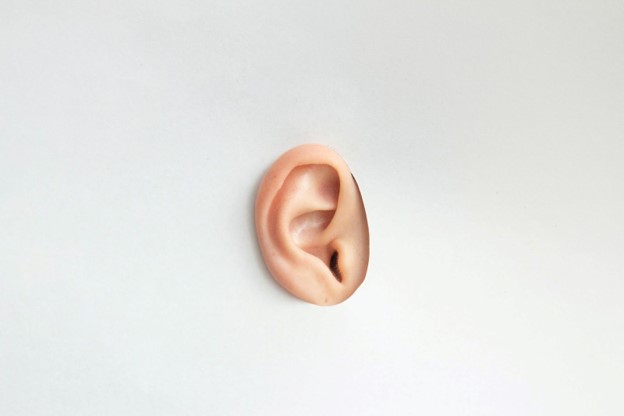5 Signs of Ear Infections in Adults
Ear infections are very common in children, and doctors can quickly treat them if caught early. However, some ear infections can also occur in adults and seriously affect their hearing. Here are five signs of an ear infection and hearing loss in adults:
Persistent ear pain
Ear pain is one of the most common symptoms of ear infections, and most adults experience it at some point. If your ears are hurting and you don't know why, take note of how severe the pain is: it could be anything from a dull ache to an intense throbbing sensation that makes even the slightest movements unbearable. The severity may vary between your two ears and when you bend over or lie down (ear pressure).
Hearing loss
Hearing loss is one of the most common signs of an ear infection. It may be temporary or permanent, depending on the cause. An ear infection often causes hearing loss, and this can also happen if you have a more severe condition like Meniere's disease or Ménière's disease (which affects balance).
If you experience hearing loss in an adult that lasts more than three days, contact your doctor immediately.
Yellow or smelly fluid draining from the ear
Earwax is a common cause of yellow or smelly fluid draining from the ear. Ear wax comes from glands located in the outer part of your ear canal, and it helps clean out any dirt and debris that gets trapped inside. Some people may produce more wax than others, but if you notice that your ears are making more wax than usual, it could indicate an infection.
If you have excessive amounts of earwax inside your ear canal, then there’s a chance that it has become impacted (stuck) and is preventing proper drainage. This can lead to inflammation, redness, swelling, pain and discharge from the ear.
If you think this might be happening to you, then speak with your doctor about how best to remove this excess wax safely so as not to risk further damage or infection.
Nausea or vomiting
You may notice nausea and vomiting as a sign of an ear infection. Nausea or vomiting are common symptoms of ear infections, especially if exposed to bacteria or viruses that can cause these infections. Ear infections can also cause dizziness and nausea, so they are often associated with inner ear infections.
Dizziness
Dizziness is a common symptom of ear infections. But it can also be caused by other conditions, such as high blood pressure, so it’s essential to get dizziness checked out by a doctor.
Inner ear infections cause dizziness because the balance organ in your inner ear—called the vestibular system—is affected. It controls your ability to keep your head upright and helps you stay balanced while walking or standing up straight. Inner ear infections come with pain in or near the ears, but they sometimes develop without symptoms besides dizziness and vertigo (a spinning sensation).
Conclusion
If you or someone you know is experiencing any of these symptoms, it is important to get them checked out by a doctor. Ear infections can be serious and lead to more serious health problems if not treated quickly. The sooner an ear infection is diagnosed and treated, the less likely it will be for complications to occur down the road.
839GYLCCC1992


 Photo by
Photo by 
Leave a Reply